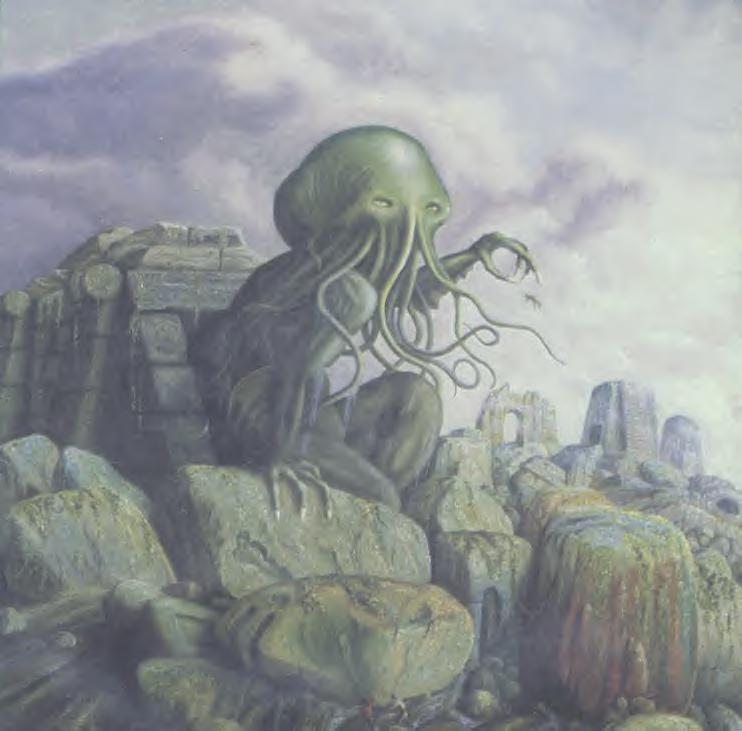William Bradford was born in Austerfield, Yorkshire, England in 1590. In 1609, he followed a separatist colony to Holland. He immigrated to New England on the Mayflower in 1620. Once there, he - upon the death of John Carver - was elected leader of the group of pilgrims in 1621. He served the colonists as governor for the majority of his life, with 30 reelections and 5 years as an elected assistant. He was a successful leader with little to no complaints and a friendship with the Native Americans. His colony was prosperous in fishing, trade and agriculture and he maintained a high level of religious tolerance for even religions other than his own. He died in New England in 1657.
1. Thesis for Of Plymouth Plantation:
In an excerpt from William Bradford’s Of Plymouth Plantation, although the Puritans experience hardship in their voyage to America, in their initial arrival, and in their dealings with the Indians, they still maintain the reverence to God and to one another [their initial reason for fleeing England].
2. Passage:
"After some deliberation had amongst themselves and with the master of the ship, they tacked about and resolved to stand for the southward (the wind and weather being fair) to find some place about Hudson’s River for their habitation. But after they had sailed that course about half the day, they fell amongst dangerous shoals and roaring breakers, and they were so far entangled therewith as they conceived themselves in great danger; and the wind shrinking) upon them withal, they resolved to bear up again for the Cape and thought themselves happy to get out of those dangers before night overtook them, as by God’s good providence they did. And the next day they got into the Cape Harbor where they rid in safety."
3. Reflection: This passage impressed me because it proved how determined the pilgrims were to reach their original destination. They could have stayed where the weather was fair, but instead decided to keep going to reach Cape Cod's shore.
4. Diary Entry: I am writing from the point of view of the boastful man in the beginning of the story. I chose a standpoint form which he is beginning to question God's existence, a possibility for why the other passengers believed that God chose to smite him.
September 7, 1620:
Dear journal,
I have grown weary from all of this traveling and in turn have become extremely irritable. I have found myself losing patience with those complaining of seasickness and even threatening to throw them overboard. I like to believe that we can make it to the New World, but I am beginning to lose hope along with my patience. How could God make us suffer this much? I don't understand it. Other passengers keep urging me to pray and praise God. Why would I continue with something that hasn't gotten us anywhere in the first place?
September 9, 1620:
Dear journal,
I've fallen ill. Many on the ship are telling me that I probably won't make it. A few are criticizing my questioning of God, saying that He will smite me for my ignorance. At this point, I am not sure if there is a God. I have yet to see his mercy on this voyage and I don't believe that we ever will.
5. Political Cartoon:

Reflection: Mexican immigration to America is similar to the pilgrims' initial voyage to the New World, absorbing the culture that surrounds them. The main image of the cartoon is an outline of America, filled in with the design of the Mexican flag. It exaggeratedly demonstrates how immigration from Mexico has overthrown some American customs. Another image is the trash can in the corner with the American flag in it. This portrays how the meshing of cultures can lead to the disposal of one, usually the original. The image is a modern version of what the pilgrims' immigration did to the Native Americans' culture.

OK
ReplyDeletePlease revise topic sentence.